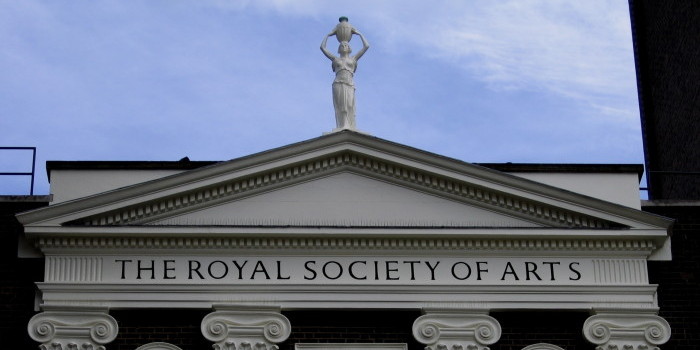Giving cities in the north of the country greater powers to make their own decisions, regarding taxation and spending is a short cut to economic growth, says a year-long study by the Royal Society for the encouragement of the Arts, Manufactures and Commerce (RSA) Growth Commission.
Cities in the north could be boosting the UK economy by an extra £79 billion by 2030, according to the Commission’s findings, a boost to current productivity rates by as much as 5%.
The commission is pushing for draft legislation to be in place by 2015, stating that:
“Our centralised economy is not ‘fit for purpose’.”
The RSA City Growth Commission, chaired by economist Jim O’Neill, summarised that by moving power away from Westminister, the governmental and local officials could significantly improve the UK’s long-term rate of economic growth:
“There needs to be a radical reshaping of the UK”s political economy, with out metros given sufficient decision-making powers and financial flexibilities in order to become financially self-sustainable.”
The report also found that the north of England was being under-served by current transport solutions, specifying a regional area that it calls “ManSheffLeedsPool”.
Suggestions for improvements included a new high-speed underground system that used a single transport payment card across the entire region (somewhat similar to London’s Oyster card).
Another suggested means of driving additional inward investment to cities in the North included upgraded broadband services. The commission also concluded that the current national approach to skills, training and immigration was bad for businesses, and that handing funding options over to regional authorities would allow them to provide the right kind of training.
The commission said that current immigration policies would also need a major overhaul and that if the UK persisted in restricting immigration to meet their “growth-inhibiting” net migration target, then there was a “risk that households in all metros will suffer […] as GDP and GDP per person falls and average incomes are squeezed.”
Ben Lucas, chair of public services, RSA and city growth commissioner, said:
“In a world in which are the new drivers of growth, decentralising our political economy will boost GDP and enable our major metros to achieve their social and economic potential.”
The study from the RSA is their final report in a series that was commissioned to investigate policies that would promote growth in the UK’s regional cities.
Words: Peter Cribley


